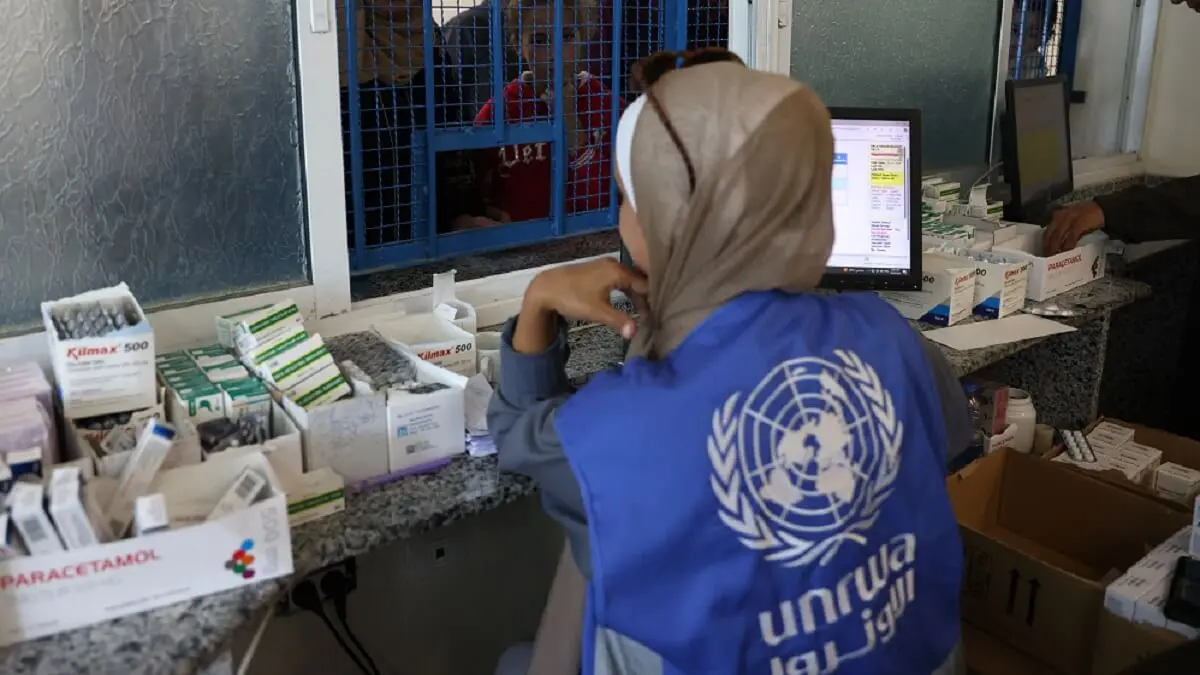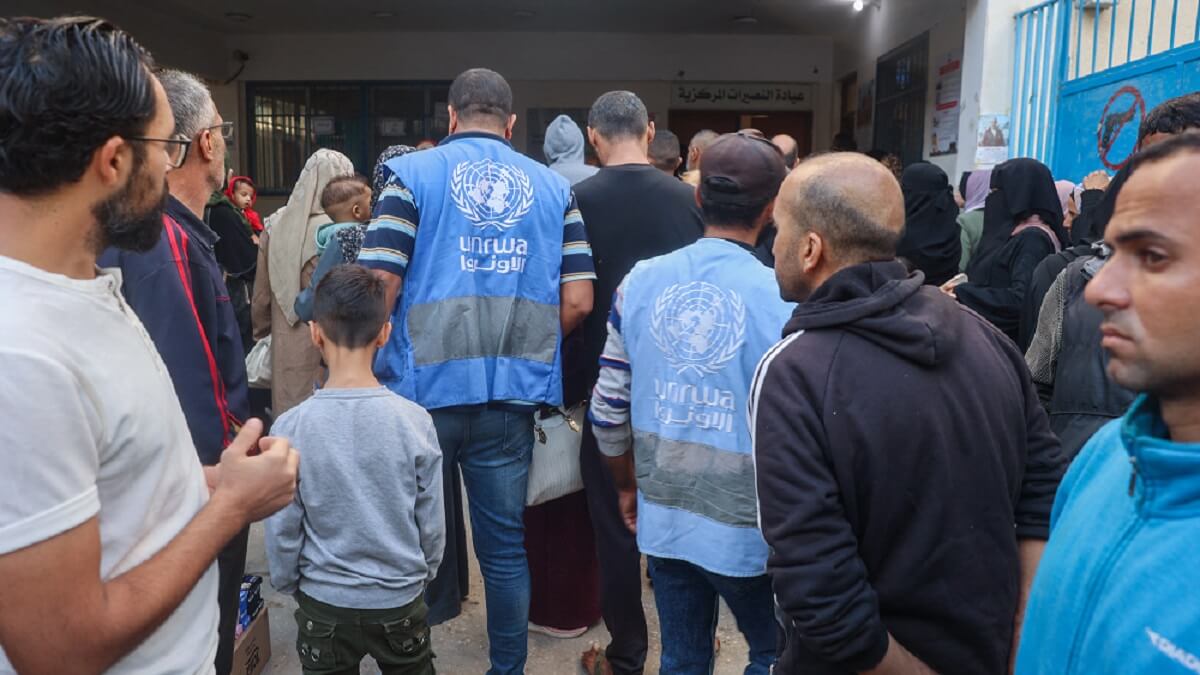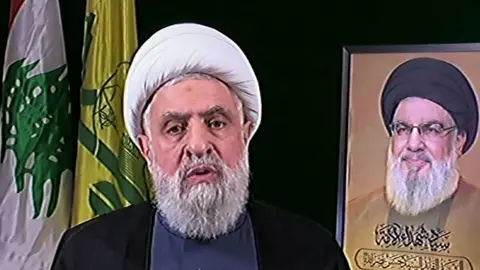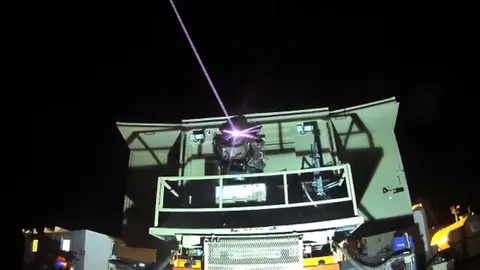Israel casts doubt on future of UN agency for Palestinian refugees

The Israeli Parliament has banned UNRWA from operating in Israel and occupied East Jerusalem.
A measure that has fully affected the UN agency and supports the thesis that accuses UNRWA operators of taking part in the Hamas attack on Israel on 7 October 2023, which left around 1,200 dead and 250 people kidnapped.
What happens now?
UNRWA has been providing aid, schooling and health care in the Palestinian territories and to Palestinian refugees elsewhere for more than seven decades.
New Israeli legislation prohibits it from communicating and coordinating with the Israeli authorities and bans UNRWA from entering Israel and occupied East Jerusalem.
The ban will take effect in three months.
‘The most immediate effect is to make it very difficult for UNRWA to continue its operations in East Jerusalem,’ said Rex Brynen, a political scientist and Palestinian refugee expert, referring to the Shuafat refugee camp in East Jerusalem.
But Jonathan Fowler, a spokesman for UNRWA in Jerusalem, said that ‘the impacts cascade beyond what Israel considers sovereign territory’.
‘Because it means that the end of coordination with the Israeli authorities is simply a huge blow to our ability to continue to do the relief operation in Gaza, of which we are the backbone,’ he said.
UNRWA has 13,000 staff in Gaza and also manages the humanitarian response of other organisations.
It is therefore in regular contact with the Israeli authorities, especially regarding humanitarian aid.
Prohibiting UNRWA from coordinating with Israel would also complicate its work in the occupied West Bank. It serves 900,000 refugees there, with 43 clinics and nearly 100 schools, Brynen said.
UNRWA said its relations with COGAT, the Israeli defence ministry agency that manages civilian affairs in the Palestinian territories, concern, among other things, the movement of employees.

Why does Israel want to ban it?
For Brynen, the legislation ‘has arisen out of the post-7 October Israeli anger, much of it misdirected, against UNRWA’.
But it ‘also reflects efforts over the years by the Israeli government and a number of other MKs (members of the Knesset or parliament) to weaken UNRWA in an attempt to marginalise the broader Palestinian refugee issue.’
One of UNRWA's main critics within Israel is former legislator Einat Wilf, who criticises the agency for promoting the refugees' right of return.
She claims that only a minority of those registered by UNRWA would be considered refugees ‘by international standards’.
But the UN says individuals are considered refugees ‘until the refugee crisis is resolved,’ said British academic and refugee expert Anne Irfan.
‘It's the usual policy,’ Anne Irfan explained,Ç
Irfan called the UNRWA ban ‘indicative of a fairly significant change in Israeli policy’.
She said that previously Israel had criticised UNRWA without questioning its existence, because its work cheapened ‘the cost of the occupation for Israel’.
Fowler said the ban was ‘an assault on the multilateral system, you know, all the rules of UN resolutions, the rulings of international courts’.
What could replace UNRWA?
UNRWA has been in existence for 75 years, and attempts to find a replacement have ‘failed miserably’, said UNRWA spokesperson Juliette Touma.
‘Under international humanitarian law, it is incumbent on the occupying power to provide for the welfare of the occupied population to the maximum extent possible,’ Fowler said.
Some suggest that UNRWA missions could be taken over by foreign countries or other UN agencies.
But Middle East expert Michael Dumper said: ‘Any attempt to restrict UNRWA's role in providing services will be seen as a way of eroding the international community's commitment to that (Palestinian) self-determination.
COGAT said it encourages other UN agencies to operate in Gaza, but according to Fowler ‘they cannot expand to do the kind of things we do’.
The Palestinian Authority, which governs parts of the West Bank and seeks to gain a foothold in Gaza, is in financial trouble and would be unable to take over UNRWA's operations.










